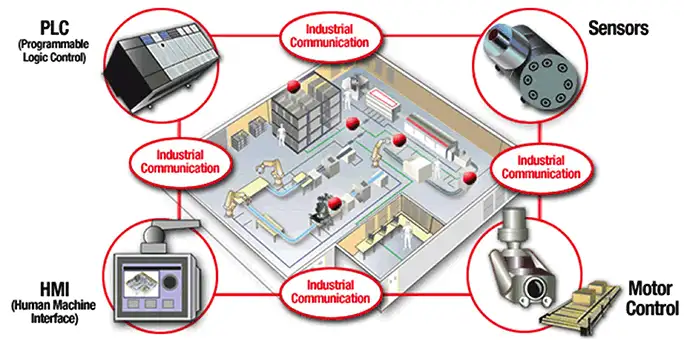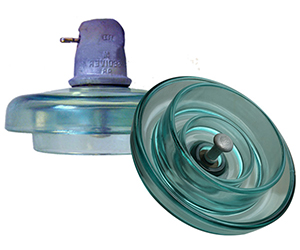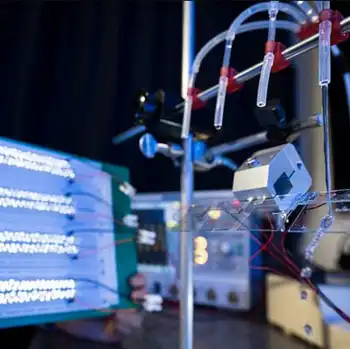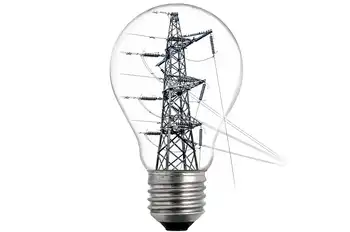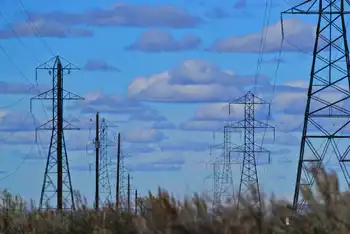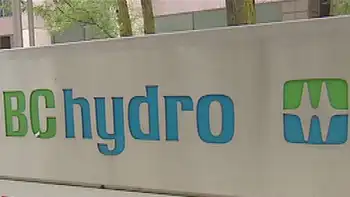Should NASCAR start an electric car division?
By Captain Thunder Racing News
NFPA 70e Training
Our customized live online or in‑person group training can be delivered to your staff at your location.

- Live Online
- 6 hours Instructor-led
- Group Training Available
According to a recent story from Associated Press, "That seems to be just the first step in what could be a huge drop in support by GM, Ford Motor Co. and Chrysler LLC for tracks and teams in the NASCAR's top three professional divisions."
The obvious explanation is that U.S. automakers are in financial trouble, so sponsorships tend to be the first expenses to go. Less obvious – and wildly speculative – is that they may be reconsidering the optics of having loud cars zipping around a track senselessly burning fuel and spewing emissions.
Car enthusiasts will tell us auto racing serves an important purpose — and to be fair, in many respects, it has. As one letter to the editor pointed out, "Auto racing has either invented or improved a number of innovations we use on our cars every day." The list includes rear-view mirrors, traction control, better tire design, advanced breaking and better fuel-injection that has improved fuel economy and lowered emissions.
If that's the case, you'd think NASCAR would be on top of the automotive world's leading trend: electric drive systems and the move toward plug-in vehicles. If GM is betting the farm on its electric Volt car, NASCAR doesn't appear to be following — let alone leading.
It's not uncommon for presidential candidates to sponsor NASCAR racers, but Barack Obama decided against it this month. "Stock car racing could be seen as being antithetical to any green automotive policies that Obama might support," a recent entry on the blog Autobloggreen speculated.
So here's my suggestion: What about starting a NASCAR division dedicated to the racing of electric cars? Cars could be repowered during pit stops with battery swaps. Each team would be allowed a certain number of batteries. That way, teams aiming to win would have to focus on improving battery range and power density.
This sounds like a better way to drive innovation in a world trying to wean itself off oil. When former U.S. vice-president Al Gore challenged Americans to move toward a carbon-free electricity system within 10 years, many wondered why he focused on electricity and not transportation fuels.
Truth is, he was focusing on both. Gore emphasized a need to invest in a "unified national grid" that could tap into renewable power sources from across the continent — wave and wind on the coasts, solar and geothermal in the southwest, wind farms in the Midwest, and hydroelectric in the north.
He suggested such a grid could be made more efficient by connecting them to a national fleet of electric cars to "sharply reduce the cost of driving a car, reduce pollution, and increase the flexibility of our electricity grid."
Canada take note.
When people tell me about the problems with renewable energy technologies — that they're intermittent, not reliable, and too costly as a result — I wonder whether the bigger picture is being seen. The grid and transportation are destined to become more closely intertwined in coming decades as we seek energy efficiency and security.
Take the issue of energy storage. Critics like to point out that wind, for example, is useless unless we have an economical way of storing its energy and dispatching that energy when we need it. They argue affordable, large-scale storage simply doesn't exist.
But fast-forward a decade or two. Imagine a million cars connected to the grid charging up only when the wind blows and the sun shines. Imagine being able to sell power from your electric car back to the grid for a premium. Imagine utilities buying up used car batteries on the cheap, stitching them together and creating massive storage banks used to smooth out demand and supply on the grid.
Tony Posawatz, senior engineering executive heading up GM's Volt program, told Reuters last month the car maker has already been approached by several utilities about the idea of redeploying used lithium-ion car batteries to store renewable energy for use when electricity demand is highest.
These aren't wild and crazy dreams. These are real discussions in support of a powerful, world-changing trend. GM is serious about it, and so are the utilities. As one analyst told Reuters, the Volt represents "the big paradigm shift" – and the international community is watching.
Moving ahead with the expansion and modernization of any electricity system without considering this trend is simply irresponsible. As for NASCAR, staging an all-electric event might help solve its sponsorship woes.






